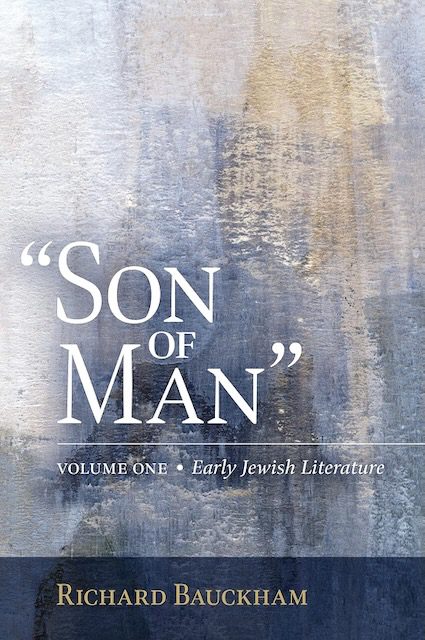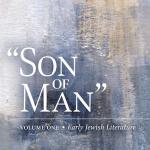Q. I must confess to have always been very skeptical about arguments about a Q community in early Christianity, and I would say the same about an Enochian Jewish community that has a distinctive foundational corpus of literature from other streams of early Judaism. Surely the diversity of texts found at Qumran, including some Enoch literature, shows us that we can’t posit a whole community that focused exclusively on one sort of early Jewish literature any more than that works for early Christian communities, or can we? And if we can, what is the need or rationale for doing so?
A. The theory, expounded especially by Gabriele Boccaccini, is that there was an “Enochic Judaism”, distinguished from “Mosaic Judaism.” The Enoch literature had the status for the former that the Torah of Moses had for the latter. The Qumran community developed out of Enochic Judaism, but the latter was a wider movement, to which I think Boccaccini ascribes the origin of Christianity. There are various things wrong with this! But what seems to me important with regard to the Parables of Enoch is that the various different works ascribed to Enoch (Apocalypse of Weeks, Epistle of Enoch, 2 Enoch) clearly belong to a literary tradition, but were written at long intervals of time. So I think the continuity is not of some community of people who over a very long period wrote them, but simply a literary tradition. The curious thing about the Parables is the total lack of ancient testimony to it (though there is a passage in Tertullian that may reflect a different version of part of the book). It was popular in the Ethiopian church because it was understood as prophetic of Jesus. One might have expected some early Christians to have liked it for the same reason, but we have no evidence that they did. (There are no Christian interpolations, other than very minor modifications of the text by Ethiopian scribes). It seems that it was never a popular text. Its central idea, that Enoch is the Messiah, seems never to have convinced anyone else. All this tends to suggest it was not an important text in the milieu of Jesus in Galilee (as Charlesworth thinks) or in early Christian circles.













